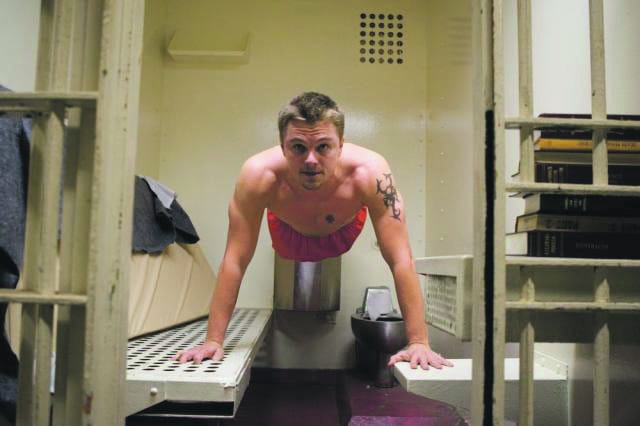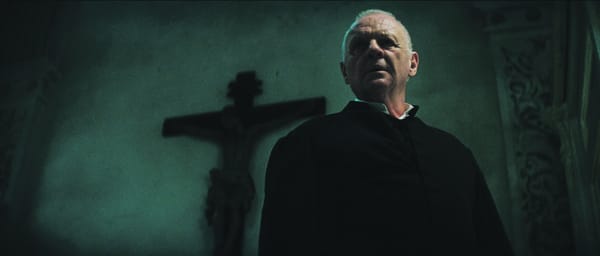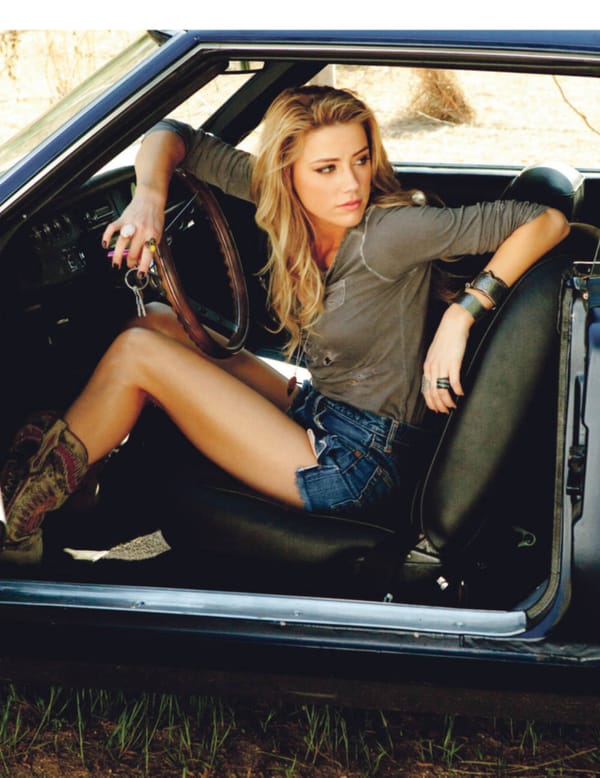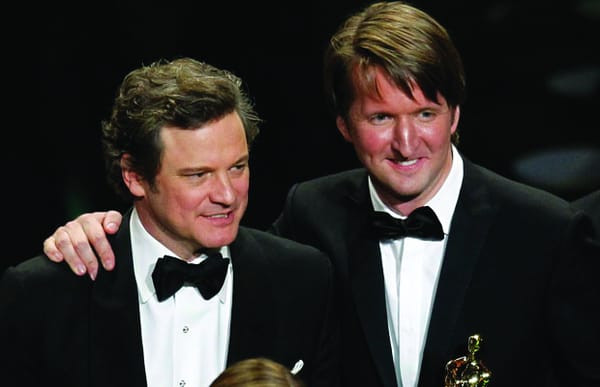Give me my Oscar!
Ed Knock examines what the Academy really looks for

The Best Picture Award is the most coveted prize at the Academy Awards and is awarded to the the film that Hollywood views as the greatest accomplishment of the past year. It is apparently given to the film that has the greatest script, performances, cinematography, editing and direction but if we look back at all 83 previous winners, what does the Academy really consider when deciding who receives the greatest prize in the film world?
The Feel Good Factor
Although an edgy European film may get rave reviews and clean up all the gongs at Cannes and Berlin, a palm d’Or winner will never usually get a look in at the Oscars. Hollywood doesn’t like to venture far from it’s comfort zone and will always favor an all-American film over a black and white French indie heavy on the existentialism (which French films aren’t?). A ‘Foreign’ film has never one a best picture award, the only other country outside of America to ever have a chance in this category is Britain and we maintain a healthy average of about one win every five years. Impressive when you compare the difference in money in the respective British and American film industries.
And so it happens all too often that the Academy can’t get help but get it’s knickers in a twist over a film that promotes real American values and leaves the audience with wide content grin on their faces; regardless if there were superior films that year. Everybody loves Morgan Freeman The Shawshank Redemption but it was overshadowed by Forest Gump, essentially a nasty piece of right wing propaganda where an imbecile who never questions anything triumphs over those pesky liberals. If audiences love it and the critics agree with them then a shallow ‘feel good’ film will inevitably be victorious at the Oscars.
The Old Boys Club
Hollywood is a dog eat dog world and aspiring filmmakers will typically end up in an asylum or rehab whilst trying to get a foot in the door. However once you are an established name, the world is your oyster and studios will have few qualms about greenlighting new films and providing vast budgets. At Oscars the Academy love nothing more than to slap each other on the back and beloved directors with large impressive filmographies eventually eventually find themselves at the Kodak theatre will a shiny statuette in their hands.
Thats if you toe the line however, Stanley Kubrick famously fled Hollywood in the sixties and holed himself up in England making fantastic but often controversial films. He shunned Hollywood and as a result never won an Oscar, to this day it’s one of the Academy’s biggest embarrassments. In the past decade, Danny Boyle, The Coen Brothers, Martin Scorsese, Clint Eastwood and Ridley Scott all had Best Picture Winning Films and it’s no coincidence that they were already respected directors.
Whats in Vogue
Although Hollywood likes to reward the ‘safe’ films, every now again it needs to blowout the cobwebs and pick an explosive and usually controversial film to prove that it still has the edge when choosing talent. Of course prime opportunities are missed, notoriously Brokeback Mountain in 2005 whose gentle tale of a gay relationship ruffled many Republican feathers but ultimately lost out to the self indulgent “We’re highlighting racism!” mess of a film that was Crash. Traditionally the film festival circuit nurtures independent films, but during the seventies New Wave and Neorealist inspired films dominated the Oscars; Both the Godfather films, One Flew Over the Cuckoo’s Nest and The Deerhunter were all part of the very fashionable ‘New Hollywood’ scene.
Case Studies:
The Old Boys Club Case Study - The Departed
Taxi Driver lost out to Rocky (Eh?), Raging Bull lost out to Ordinary People (unfortunate) and Goodfellas lost out to Dances with Wolves (robbed!). Would Scorsese ever get an Oscar? He should have got one for Raging Bull grumbled Clint Eastwood but when Spielberg, Lucas and Coppola all walked on stage to present the Best Director award in 1996 we all knew who it was going to. The Departed bagged best picture as well but is definitely one of Scorsese's weaker films; it's too long, over acted and stuffed full of pointless camera tricks but Hell, he was due an Oscar.
What’s in Vogue Case Study - Midnight Cowboy
The first R-rated film to receive Best Picture and very different from the previous years winner Oliver!. Midnight Cowboy depicts the friendship between an aspiring gigolo and a small time hustler as they ride the highs and mainly lows of New York's seedy underlife. It's full of profanities, drug references and prostitution and officially marked the end of the dying ëGolden Hollywood' era and the start of the bright fresh cinema of New Hollywood. The film cemented Dustin Hoffman's reputation and kick started Jonny Voight's career.
The Feel Good Factor Case Study - Rocky
The American Dream in a nutshell. Rocky follows the fortunes of the underdog who by dedication and hard work earns the respect of the boxing world by lasting fifteen rounds in the ring with a superior heavyweight champion and he gets the girl. It's got strong performances, catchy music and that sodding montage sequence which popular culture will be forever obsessed with.







